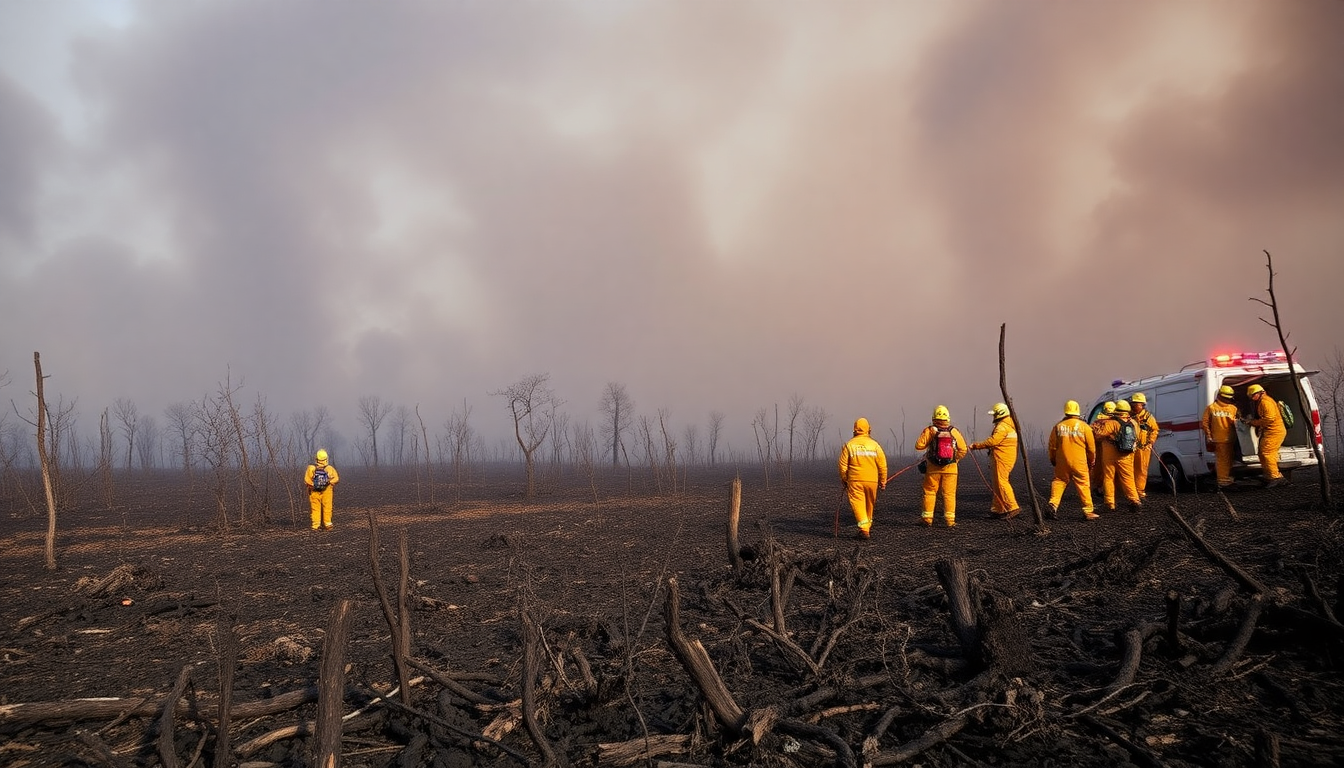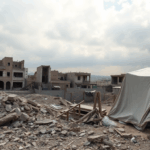Table of Contents
The Iberian Peninsula is currently facing one of its most challenging wildfire seasons in years. With extreme weather conditions and the ever-pressing reality of climate change, the situation is dire. Thousands of firefighters, bolstered by military support, are working tirelessly across both Portugal and Spain.
Tragically, the human cost has risen, with six lives lost since these devastating fires began. How did we get here, and what can we do about it?
The Current Situation and Emergency Response
Reports from the ground, particularly from Al Jazeera’s Sonia Gallego, reveal that emergency services are stretched to their limits.
Firefighters are not only battling raging blazes but also keeping a close watch for any signs of reignition in areas that were previously extinguished. As of Monday, five major fires remain active in Portugal, with more than 3,800 firefighters deployed to combat them.
The scale of this effort highlights just how severe the situation is, with the charred landscape serving as a haunting reminder of the destruction.
In a sorrowful update, Portugal’s President, Marcelo Rebelo de Sousa, confirmed that a firefighter lost his life in a traffic accident connected to the chaotic response efforts.
Adding to the tragedy, a former mayor died while trying to assist in firefighting efforts. The statistics are staggering: around 2,160 square kilometers in Portugal have been devastated since the start of the year, while Spain has experienced a staggering 3,430 square kilometers burned, setting a new national record.
The European Forest Fire Information System highlights the gravity of the situation, with 23 active fires in Spain directly threatening local communities.
Climate Change and Its Role in the Crisis
This summer, Southern Europe has been particularly hard-hit by wildfires, with heatwaves and extended drought conditions serving as significant contributors.
The changing climate has made such natural disasters more frequent and severe, underscoring the urgent need for robust strategies to mitigate these risks. In the face of adversity, local communities are banding together, with even untrained volunteers stepping up to protect their homes and land from the encroaching flames. Isn’t it inspiring to see such resilience in the face of disaster?
However, the firefighting efforts have not come without tragedy. Reports from Castile and Leon indicate that a firefighter lost his life when the water truck he was operating overturned on a steep slope. This heartbreaking incident, along with the loss of additional volunteer firefighters and a Romanian worker who bravely attempted to save horses from the blaze, highlights just how perilous these firefighting operations can be.
Looking Ahead: Challenges and Resilience
The immediate future is fraught with challenges for both Portugal and Spain as they continue their battle against these wildfires. Emergency services remain on high alert, knowing that flare-ups can occur even after a fire has been brought under control. The psychological impact on communities affected by these disasters is profound, as residents grapple with their losses and the destruction surrounding them. How can communities rebuild and recover from such devastation?
As we move forward, addressing the root causes of these wildfires—especially the influence of climate change—will be vital in crafting long-term solutions. This includes investing in fire prevention and response strategies, enhancing community resilience, and raising awareness about the environmental factors at play. While the flames continue to wreak havoc across parts of the Iberian Peninsula, it’s essential that both countries learn from this crisis to better prepare for the future. After all, knowledge and preparedness are our best tools in the face of such natural disasters.





